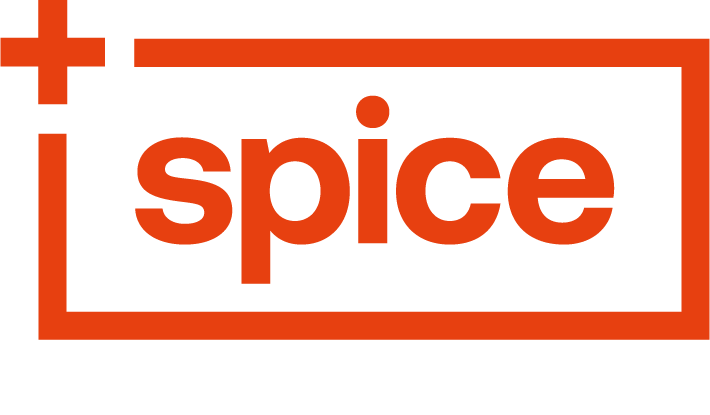
Generally speaking, every new generation is passionate about something in the workplace.
The Boomers wanted career progression, Gen X wanted independence, Millennials wanted flexibility, and now as Gen Z start to enter the workforce in their droves, they are passionate about social responsibility.
So, is your workplace adapting to embrace this new focus?
In order to set your business up to attract and retain this new generation of workers you’ll need to show accountability in the areas that really matter to them.
Let’s look into this in a little more detail.
Gen Z And Social Responsibility
Gen Z workers are often more socially and environmentally conscious than those from previous generations. They tend to prioritise working for companies that share their values and contribute positively to society.
Because they are passionate about social responsibilities, they will often change their personal behaviours to minimise their own impact on the environment. They want their employers to do the same. So, if your company can show accountability on the environmental front and prove you are serious about your social responsibilities then you will not only attract a new generation of workers, but you will retain employees who share your company’s values and interests.
Globally, companies are starting to invest in climate adaptation. That means, instead of trying to prevent climate change, they are adjusting to the reality that it is going to happen and what we need to do in response.
Gen Z expect your business to be resilient and prepared for environmental change. So, there are some things you will need to consider in this space to ensure you are up to the challenge.
What Is Workplace Social Responsibility?
Workplace social responsibility refers to the ethical obligation your business has to act in a way that benefits society at large. It involves considering the impact of your actions and decisions on employees, customers, communities, and the environment.
Emphasising your social responsibility can be a powerful way to attract Gen Z workers to your business. They are really interested in:
Purpose-driven work
Gen Z workers are drawn to companies that have a clear sense of purpose beyond purely making a profit. By prioritising social responsibility, you can demonstrate that you are committed to making a positive impact on society. This can be highly appealing to Gen Z workers as they are often seeking what they see as meaningful employment.
Employee engagement
As an employer, you know how important it is to have an engaged workforce. Not only do you get more out of your team, but it creates a positive working environment along with personal and professional success for everyone. In today’s climate, workers are more likely to feel engaged and motivated when they believe in their company’s values and social mission.
By giving your team socially responsible values to connect with, you can create a more inclusive and fulfilling work environment with excellent employee retention rates.
Brand reputation
Prioritising social responsibility is not just talking about your environmental values, it is about your actions too. If you can positively contribute on both these fronts, it will create a strong reputation for your brand and company.
Gen Z workers value transparency and authenticity in the companies they choose to support and work for. Building a positive brand reputation as an ethical and socially conscious organisation can help you attract top talent as well as gain the trust of your customers.
Positive community impact
What does your company do to ensure you are positively impacting your local community and the environment? Because Gen Z workers are passionate about social and environmental issues, they want to work for companies that share their commitment to sustainability and social justice.
By prioritising social responsibility, you can make a meaningful difference in your community and reduce your environmental footprint. Plus, you can resonate with Gen Z workers who are looking to make a positive impact through their work.
The Big Issue: Climate Change
The Government recently passed legislation making climate-related disclosures mandatory for some companies. The requirement applies to large publicly listed companies, insurers, banks, non-bank deposit takers and investment managers.
The legislation came about because the majority of large NZ companies provide very little information about what climate change might mean for them. By having these big businesses make mandatory climate-related disclosures it ensures the effects of climate change are routinely considered, that responsibility is demonstrated in the consideration of climate issues, and it creates a more efficient allocation of funds to build a more sustainable, low emission economy.
The purpose is to ensure NZ stays on track to achieve its target of net zero carbon by 2050. While these mandatory reporting stipulations only apply to around 200 big NZ businesses currently, it is worth considering your own business’s impact, especially as this is a key issue for Gen Zers.
So, what is your business doing to be socially responsible on the climate change front? Are you adapting your business practices to invest in the future of our country and our planet? These are big considerations for Gen Z and as such they should be considerations for your business too.
Adapting And Attracting
Social responsibility is a huge topic right now. Not just because it is vitally important to Gen Z, but because we all need to adapt our attitudes and actions to protect our futures.
How socially responsible is your business right now?
If you aren’t sure of the answer to that question, now is the time to remedy that. And our team of HR experts can help you do it. We can help you develop social responsibility policies and procedures that will not only position your business as a thought leader in this area, but also attract amazing talent from all generations.








 How To Find The Elusive Work Life Balance
How To Find The Elusive Work Life Balance